News and features
Read the latest news and features about our world-leading research, discoveries, fundraising and philanthropy. If you want to keep updated on our news, you can follow us on social media or sign up for our Search newsletter.
If you’re a journalist and want to find out more, you can contact our media relations team.
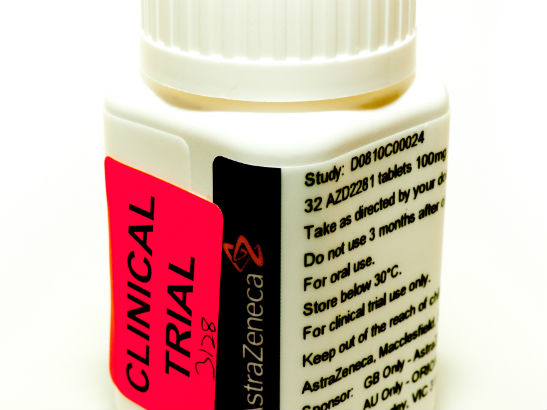
Statement in response to the European Medicines Agency's recommendation for approval of olaparib
The Institute of Cancer Research, London, is issuing the following statement from Professor Alan Ashworth, whose work underpinned the development of olaparib.

Cancer drug discovery system is broken, global summit hears
Paul Workman of the ICR calls for major changes to restock pipeline with innovative cancer treatments.
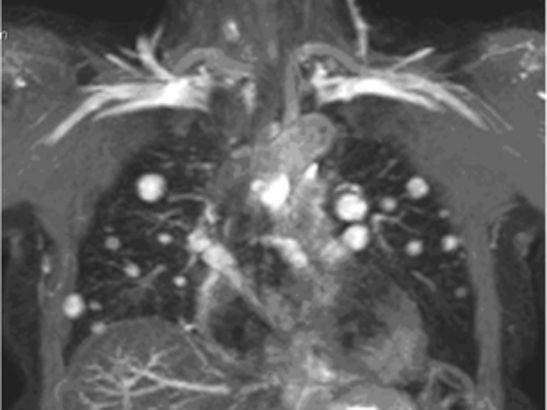
Leading cancer centre receives £10 million for state-of-the-art radiotherapy machine
The ICR and The Royal Marsden will become the first institutions in the UK to own and develop world-leading MR Linac technology.
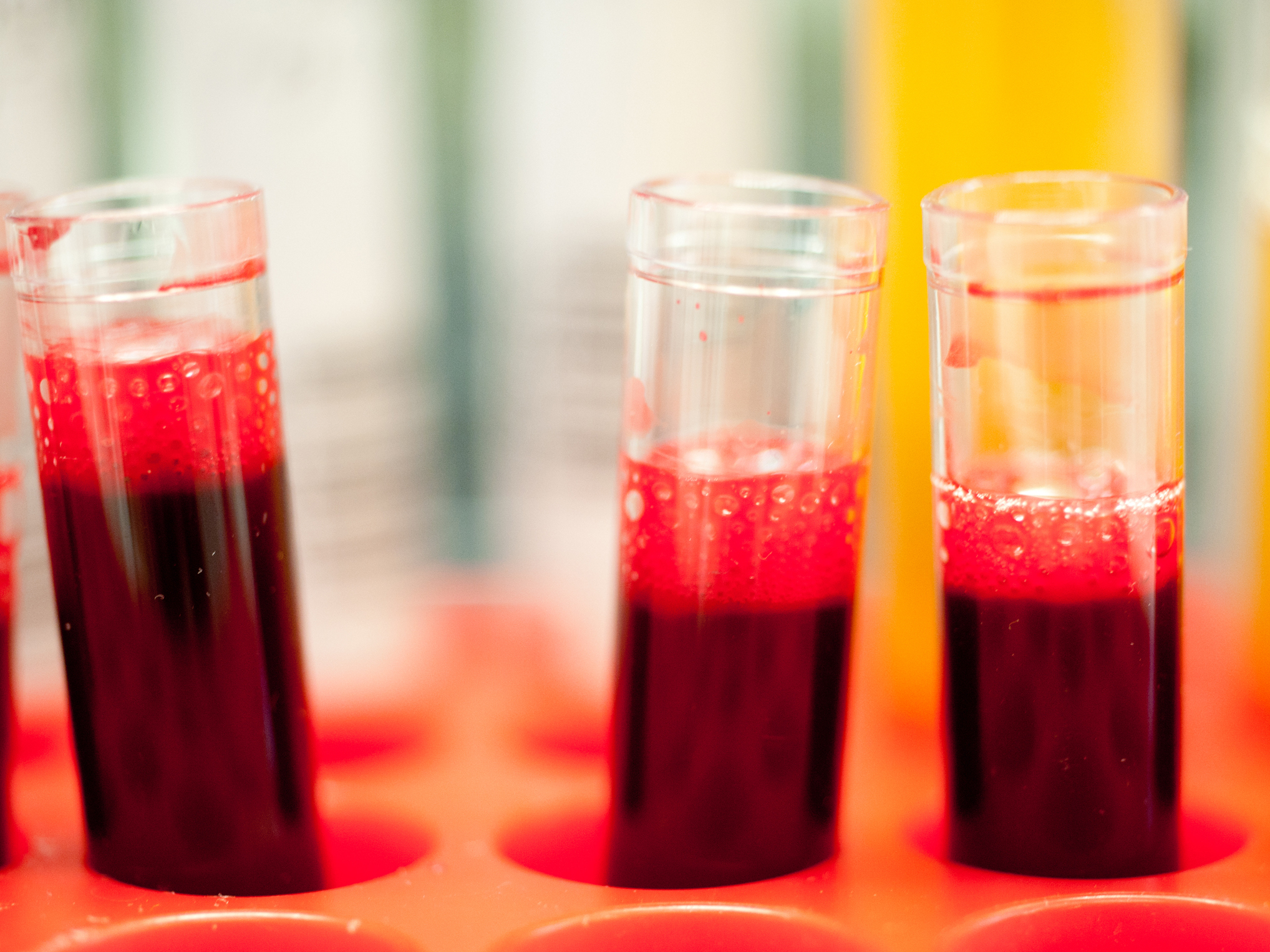
Simple blood test can quantify drug effects on protein signals to guide cancer treatment
Taking a new cancer drug once a week could benefit patients by giving healthy tissues time to recover from the effects of treatment, as suggested by a simple blood test, according to a new clinical trial.

Student on a summer placement develops new way of visualising genetics data
A student on a short-term placement at The Institute of Cancer Research, London, has led development of a new tool to visualise and analyse complex genetics data sets.

ICR team scores 100% success in the Royal Parks Half Marathon
All 22 intrepid runners for The Institute of Cancer Research successfully completed Sunday’s gruelling 13-mile Royal Parks Half Marathon to raise vital funds for our research.
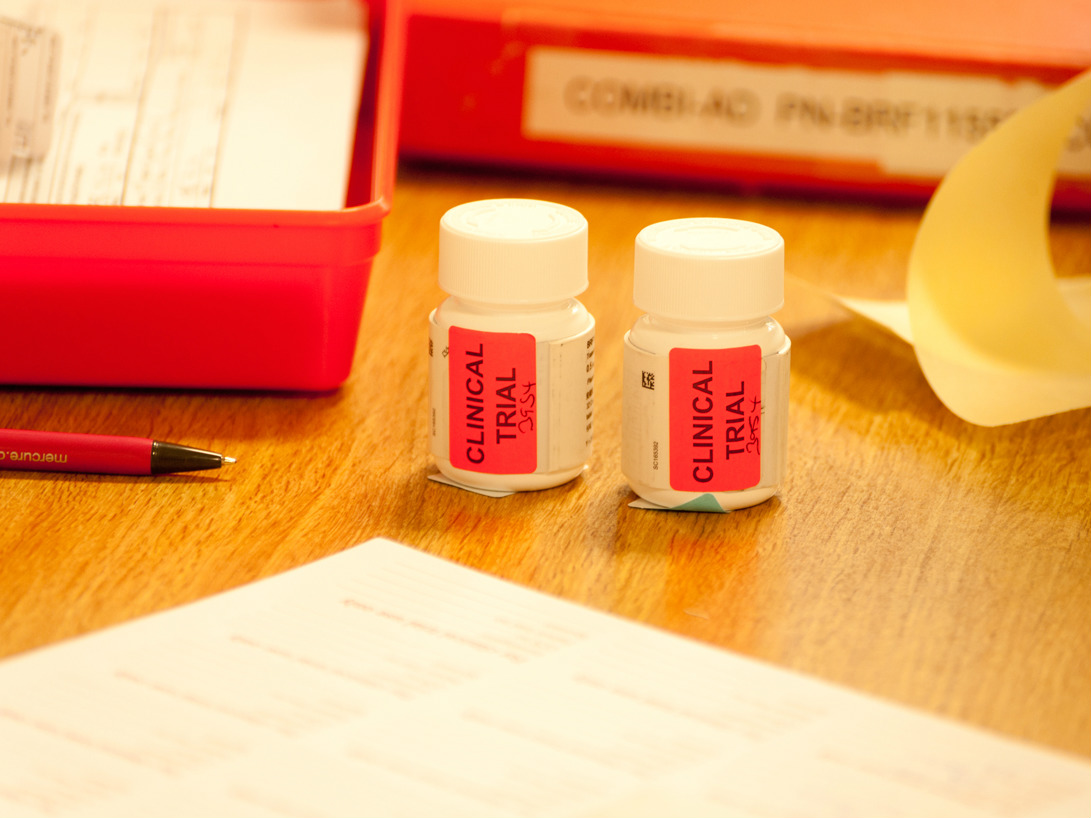
New cancer drug shows signs of promise in early-stage trial
A drug which can block the activity of a common mutation in cancer has shown promise in its first patient trial, a new study reports.

Science Writing Prize 2014 – Using crystals to cure cancer
Each year, the ICR runs a science writing competition among our scientists and students – and here is 2014’s winning piece.
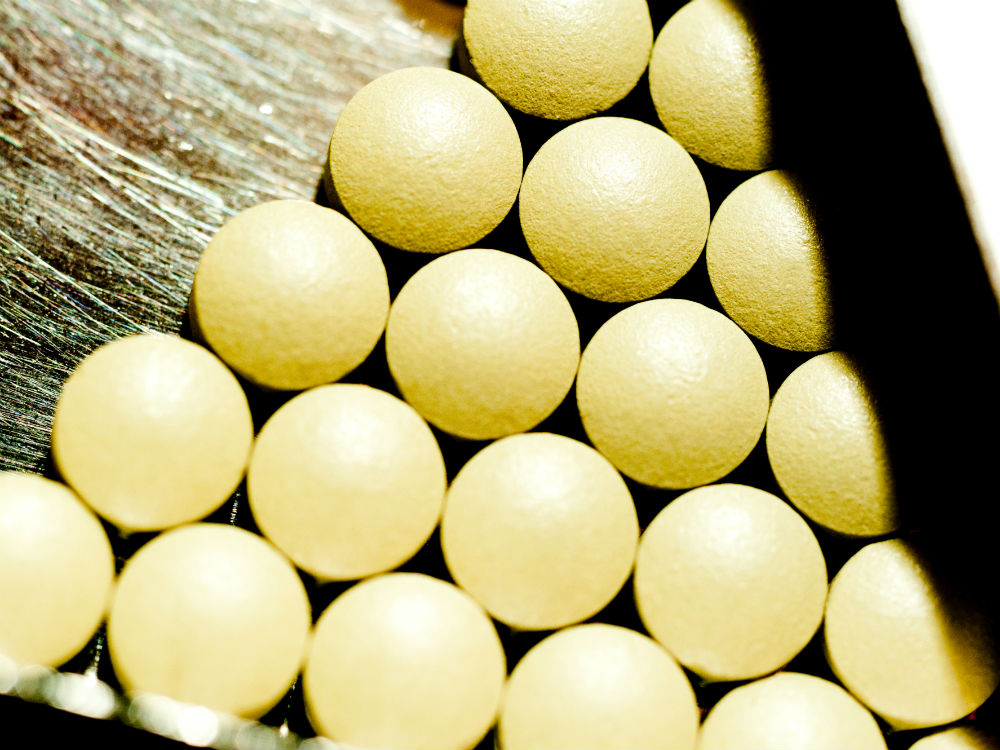
ICR to collaborate with Merck Serono and Wellcome Trust to co-develop anti-cancer drugs
Merck Serono, The Institute of Cancer Research (ICR), and the Wellcome Trust, London, today announced a co-development and license agreement building on two independent research programs at both the ICR and Merck Serono to identify inhibitors of tankyrase, an enzyme of the poly (ADP-ribose) polymerase family.
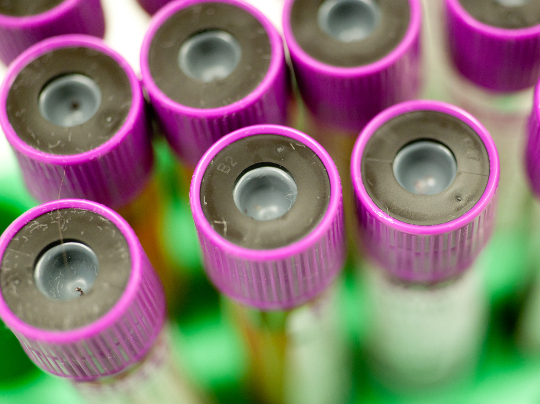
Chemotherapy regimen shows promise against testicular cancer
A combination of chemotherapy drugs has shown promise in a group of patients with testicular cancer and other germ cell tumours who currently have a poor prognosis.

DNA in ‘gene deserts’ linked with breast cancer
Long stretches of DNA that contain no genes at all can affect the risk of breast cancer, by physically interacting with genes elsewhere, a new study reports.

Statement in response to NICE approval of dabrafenib for the treatment of certain cases of advanced melanoma
Professor Paul Workman comments on final draft guidance from NICE recommending dabrafenib for the treatment of advanced melanoma which tests positive for the BRAF V600 mutation.
